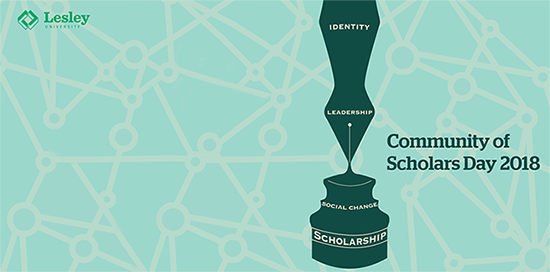Abstract
This is a pilot study of metacognition, and how it is defined and utilized by practitioners at Curry College's Program for the Advancement of Learning (PAL) in Milton, Massachusetts. Presently there are several distinct approaches to metacognitive practice in education, pulling from different traditions. Examples are Self Regulated Learning Theory (Bandura, 1997, Zimmerman & Schunk, 2001), which focuses on behavioral problem-solving strategies and their uses, psycho-dynamic developmental approaches (Kegan, 1996), the self-talk approaches of Mindset Theory (Dweck, 2008), dialectic approaches (Montgomery & Baxter 1998) of philosophical traditions (Popper, 1945), and contemplative mindfulness approaches (Gautam, 1999). Educationally these approaches to metacognition are developed through inter-personal, intra-personal, and socially constructed processes. One of the first individuals to champion the use of metacognition in education with students with learning disabilities was Dr. Gertrude Webb (1989), who established the Curry College PAL program in 1970, the nation's first college-level program for students with language-based learning difficulties. For this pilot study I chose to interview three of the PAL program’s faculty.
Start Date
28-3-2018 12:10 PM
End Date
28-3-2018 1:00 PM
Presentation Type
Workshop
Disciplines
Educational Methods | Educational Psychology | Scholarship of Teaching and Learning | Special Education and Teaching
Creative Commons License

This work is licensed under a Creative Commons Attribution 4.0 License.
Full Text of Presentation
wf_yes
Included in
Educational Methods Commons, Educational Psychology Commons, Scholarship of Teaching and Learning Commons, Special Education and Teaching Commons
Metacognition at the Program for the Advancement of Learning
U-Hall 2-078, Atrium
This is a pilot study of metacognition, and how it is defined and utilized by practitioners at Curry College's Program for the Advancement of Learning (PAL) in Milton, Massachusetts. Presently there are several distinct approaches to metacognitive practice in education, pulling from different traditions. Examples are Self Regulated Learning Theory (Bandura, 1997, Zimmerman & Schunk, 2001), which focuses on behavioral problem-solving strategies and their uses, psycho-dynamic developmental approaches (Kegan, 1996), the self-talk approaches of Mindset Theory (Dweck, 2008), dialectic approaches (Montgomery & Baxter 1998) of philosophical traditions (Popper, 1945), and contemplative mindfulness approaches (Gautam, 1999). Educationally these approaches to metacognition are developed through inter-personal, intra-personal, and socially constructed processes. One of the first individuals to champion the use of metacognition in education with students with learning disabilities was Dr. Gertrude Webb (1989), who established the Curry College PAL program in 1970, the nation's first college-level program for students with language-based learning difficulties. For this pilot study I chose to interview three of the PAL program’s faculty.



